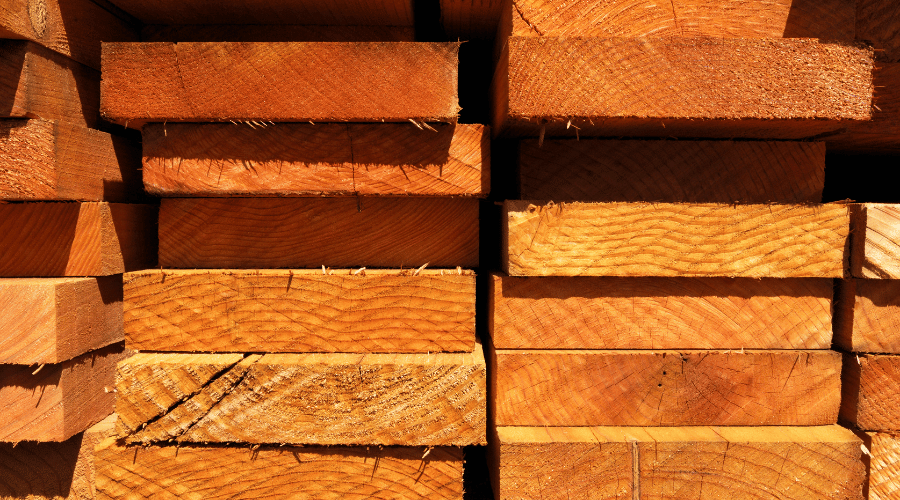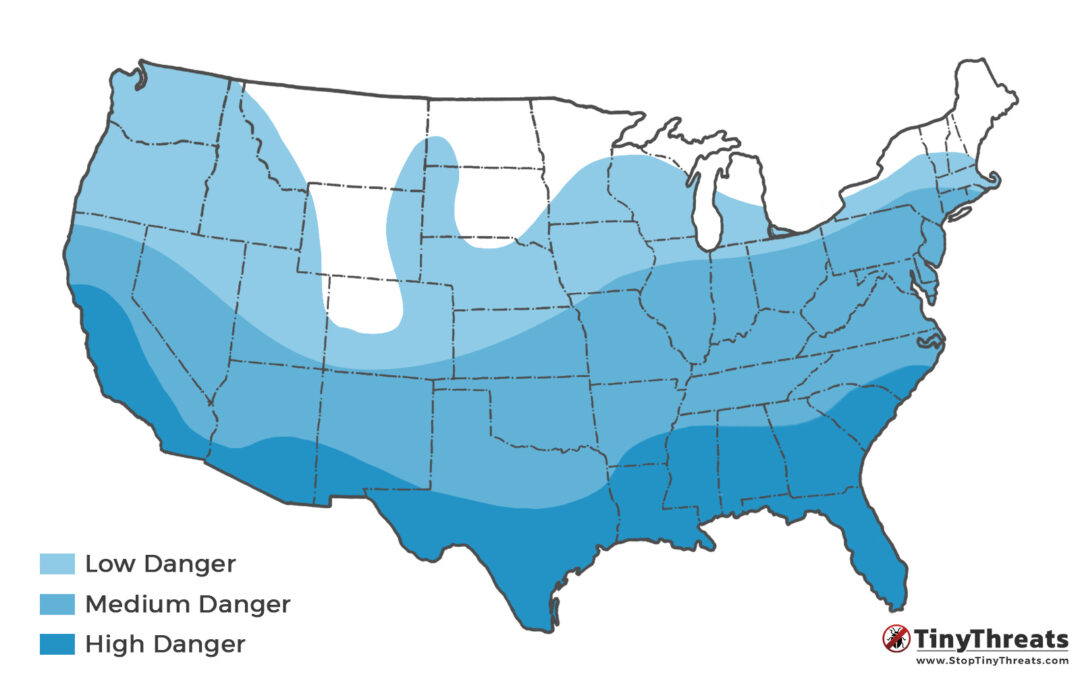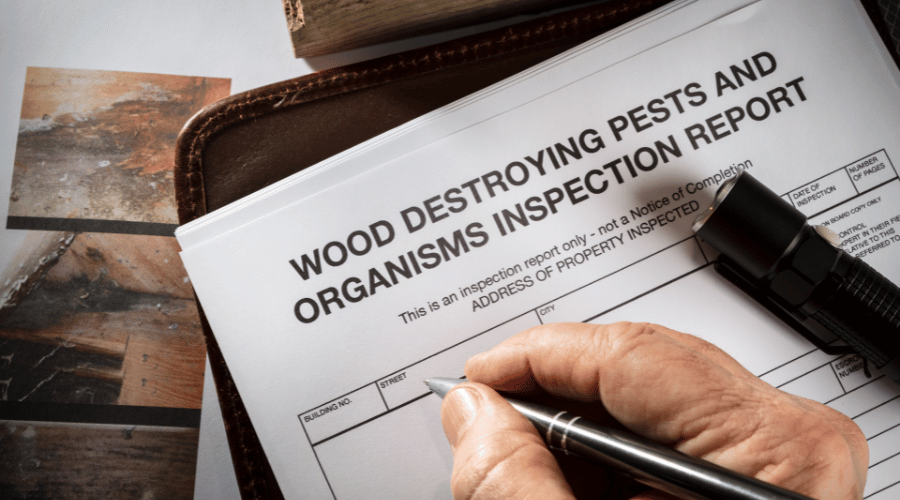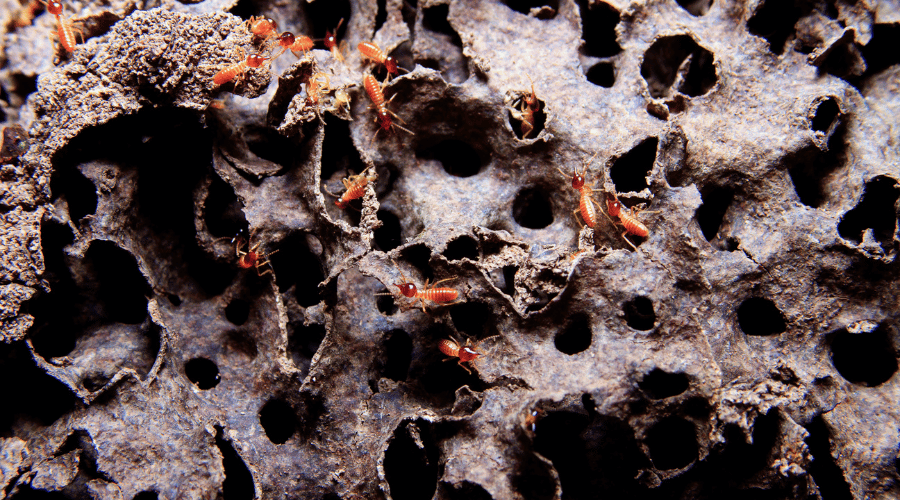Termites are a huge problem for homeowners. They can cause extensive damage to homes, and they can be difficult to get rid of. One way to help protect your home from this pest is to use termite-proof wood like redwood lumber in your construction projects.
Redwood is termite resistant, meaning that it’s unlikely that you will see termites eating redwood and causing any significant damage.
If you are considering using redwood in a construction project, here are some things you need to know about termite resistance and redwood.
Table of Contents
Why Redwood is Termite-Resistant
Redwood is considered a termite-resistant wood because the tannic acid in its heartwood contains compounds that are distasteful to termites.
The heartwood also has natural insect repellants and fungicides which termites do not like.
This makes it difficult for termites to get past the outer layer of sapwood and attack the inner layers of redwood timber.
Additionally, redwood’s dense grain makes it difficult for termites to penetrate and feed on.
Finally, since redwood is naturally rot-resistant due to its high oil content, termite infestations can be discouraged by simply avoiding moisture build-up on or around the wood.
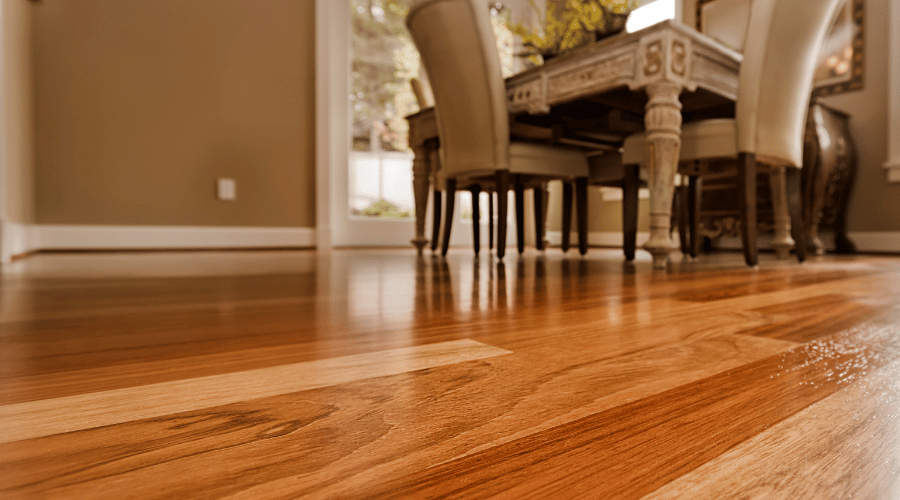
Do Termites eat Redwood Boards?
Termites don’t like to eat redwood and will avoid it when possible. The high density of redwood heartwood makes it difficult for termites to damage or consume.
It is possible for termites to bore into the wood, but this isn’t as common as with other wood types. They are more likely to feed on softer woods that have a higher sap content such as cedar and pine.
However, as with all termite-resistant wood types, the boards are not immune to them. The insects can and will eat into any wood, paper, or even into drywall – as long as there is cellulose, they will eat it.
But by making it as difficult as possible for termites to eat your floors and walls, you can slow down the invasion to minimize the damage before your local pest control company can wipe out the colony once and for all.
Is Redwood a good choice for Termite-Proof Construction?
Redwood is an ideal choice for termite-resistant construction. However, the tannic acid in redwood does not have its full repelling effect unless the wood has been freshly cut and treated.
This means that if you are using redwood lumber in termite-proof construction, it should be treated with a pesticide before installation.
Ideally, you buy pressure-treated redwood lumber, which is commercially treated. This makes it even less likely that termites eat redwood floors or walls.
It is also essential to regularly inspect your redwood structure for signs of termites or other pests, since even termite-resistant woods can succumb to infestations eventually.
How to treat wood against termites
When using termite-resistant wood, it’s still important to treat the wood with an insect-killing chemical before installation. There are a variety of termite treatments available for both indoor and outdoor applications.
For instance, borate products can be used on redwood lumber to help protect it from termites. Also called Borax or boric acid, this powder or liquid is applied to wood to kill any insects that try to eat into it.
These borax wood treatments are often used, because they can last for up to 20 years indoors and are highly effective at preventing termite damage.
It is important to regularly inspect the wood for signs of termites or pest activity and take any necessary steps to address the issue as soon as possible.
Conclusion
In conclusion, redwood is more resistant to termites than other wood species due to its high-density heartwood and natural protective compounds like tannic acid.
Termites generally don’t eat redwood but they can bore into it if given the opportunity. Therefore, redwood is a good choice for termite-proof construction as it is naturally termite resistant and offers long-lasting protection against damage caused by termites.

